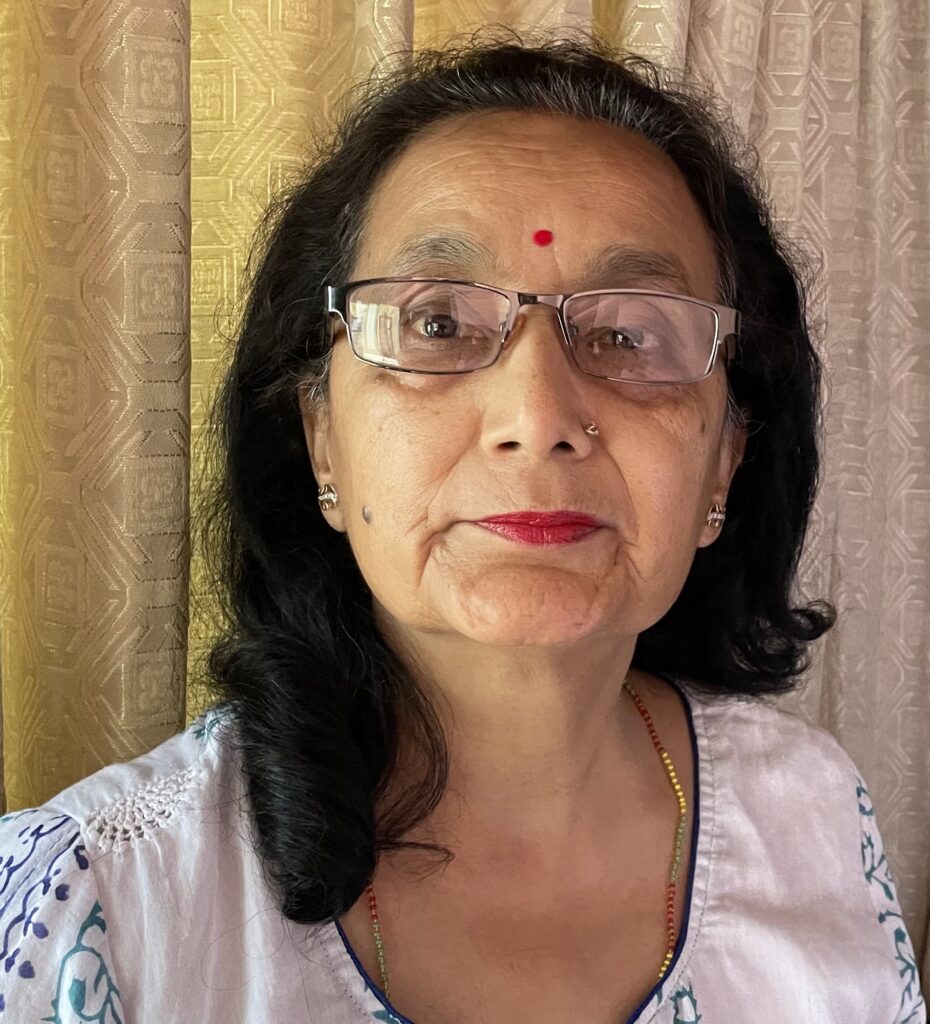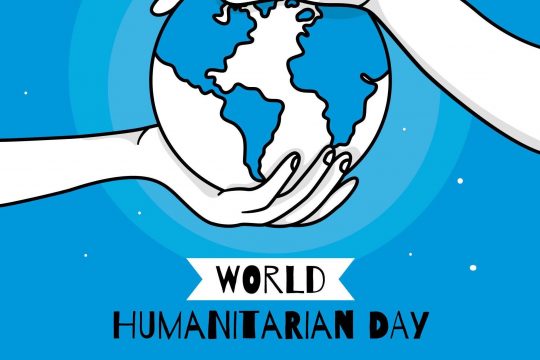
The Preparedness for Response and Recovery (PRR) Department attended an orientation and discussion on the prevention of sexual exploitation, assault, and harassment (PSEAH) on 29 April 2022. The session was part of the department’s commitment to workplace safety and gender equality. The interactive digital meeting was moderated by Sarita Karki, Gender Equality and Social Inclusion Specialist at the Asian Disaster Preparedness Center (ADPC). The session, titled “Preventing and responding to SEAH in the ADPC,” was part of a broader initiative called “Building Resilience through Inclusive and Climate-Adaptive Disaster Risk Reduction in Asia-Pacific” (BRDR).
Gender dynamics is a powerful factor in how disaster risk management impacts communities differently. Gender-based violence (GBV) can be perpetuated in numerous environments. The first line of defense against GBV is awareness of the issue, and PSEAH trainings empower ADPC staff with the knowledge and skills to recognize and denounce it. The session was grounded in ADPC’s organizational responsibility to uphold good practices that protect its employees and beneficiaries from SEAH.
The learning objectives of the session were threefold:
- Define sexual exploitation, assault, and harassment (SEAH)
- Contextualize ADPC’s core principles relating to PSEAH
- Understand ADPC’s ongoing work for strengthening its SEAH response.
The first part of the session focused on building awareness of the issue and familiarity with the terms. Ms. Karki outlined definitions of sexual exploitation, assault, and harassment and gave theoretical examples of each. She then differentiated between each offense, explaining how exploitation and assault are typically committed toward beneficiaries or local partners while harassment is most likely seen within the office environment towards colleagues. During this segment, she also brought participants’ attention to ADPC’s six core principles relating to PSEAH:
- SEAH constitutes acts of gross misconduct and is grounds for termination of employment.
- Sexual activity with children (<18 years) is prohibited
- Exchange of money, employment, goods, or services for sex is prohibited, including hiring prostitutes
- Any sexual relationship with beneficiaries that involves improper use of position is prohibited
- ADPC employees and related personnel are obligated to report any concerns regarding SEA by fellow workers and are strongly encouraged to report sexual harassment
- ADPC employees and related personnel are obliged to create and maintain an environment that prevents SEAH
Ms. Karki explained the proper protocol for supporting survivors and the importance of connecting them to reporting mechanisms: “Convey the necessary information to the reporting channel while safeguarding the confidentiality of the information and of the person making the report.” She clarified that ADPC’s reporting mechanisms are still in the process of development, but emphasized that “anyone can raise a concern or make a complaint” to a supervisor, HRA, or the Safeguarding/PSEAH Focal Point. Moreover, Ms. Karki reminded participants that it is not their responsibility to investigate potential abuses, and personal investigation into allegations may even worsen the situation.
The second part of the session tested the participants’ knowledge of all the explained information. The group was divided into three teams of four to five individuals and assigned different scenarios to discuss in breakout rooms. After determining whether or not the actions of those in the scenario were acts of SEAH, the participants were instructed to decide how they would approach the situation as a spectating colleague. Each team shared their scenario and response to the group, which prompted further discussion about the expectations and responsibilities of ADPC employees. The discussion underscored the importance of elevating rumors and allegations to those most equipped for dealing with sexual misconduct in the workplace.
When asked to reflect on what they learned at the end of the session, participants shared that they found the material engaging and informative. ADPC’s PSEAH framework puts an emphasis on awareness as a primary tool for developing strong protections against sexual abuse, making further dialogues about policies and support systems an important step towards a widespread understanding of PSEAH principles.
Cover Photo @SewCream/Shutterstock.com


